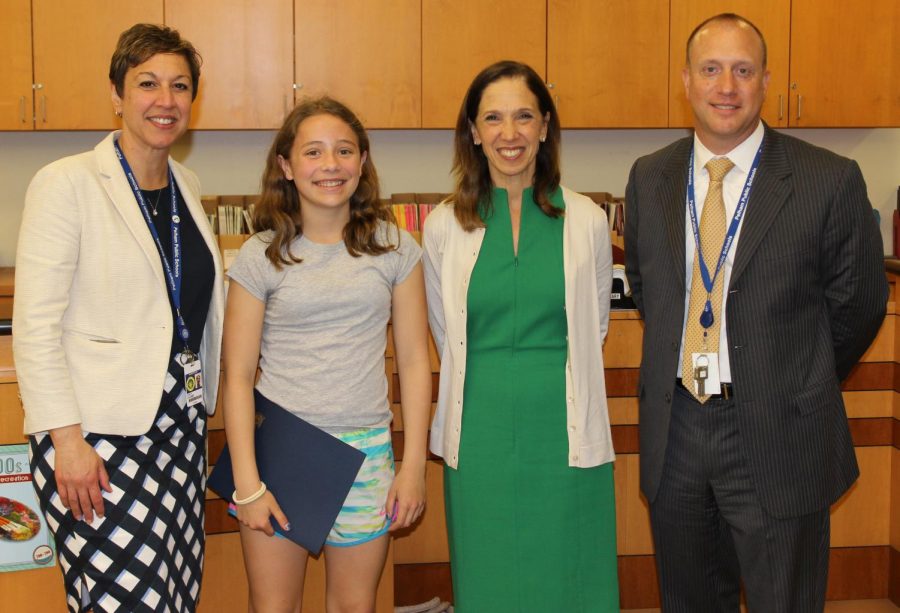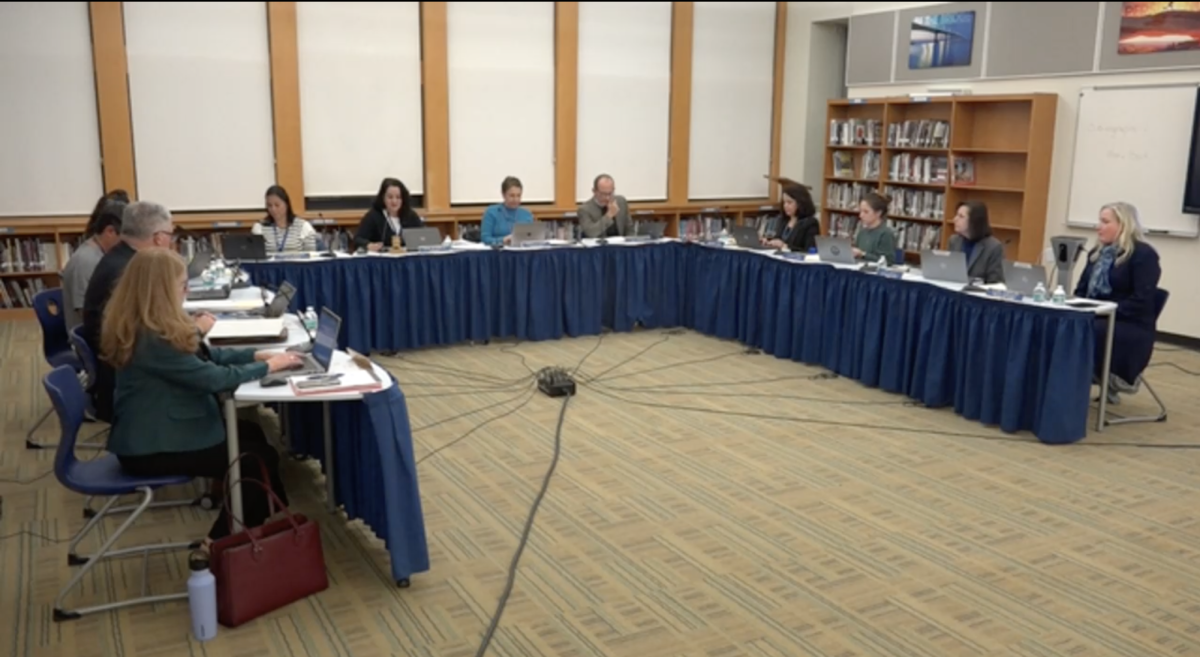Three Pelham students win ought to be a law contest
June 5, 2018
Editor’s note: This news release was provided by the Pelham School District.
Three Pelham Middle School 7th graders are headed to Albany after winning Assemblymember Amy R. Paulin’s third annual “There Ought to Be a Law” contest.
Dorentina Lucgjonaj and Lawrence Ohmes each wrote winning essays on the dangers of e-cigarettes, including JUULs, and arguing for stricter regulation to prevent the sale of such devices to teenagers. Assemblymember Paulin introduced A.10657 to amend the public health law to prevent access to electronic cigarettes by persons younger than 18 years.
Leila Brady wrote the other winning essay about new technology to provide color-correcting lenses to correct for color blindness. She has a personal connection to the issue, as her brother is color blind. Leila’s essay argued that vision insurance plans be required to cover color-correcting lenses. Assemblymember Paulin will introduce legislation on this topic this week.
Bailey, Lucgjonaj, and Ohmes will be hosted by Assemblymember Paulin at the State Capitol in Albany this week, where they will be introduced on the New York State Assembly floor during session and saluted for their achievement.
Eleven other Pelham students were also awarded Honorable Mention certificates, including Christian Montano and Teddy Johnson who wrote essays arguing for restricting the use of aluminum bats for safety reasons in Little League, High School, and collegiate baseball. Honorable Mentions were also awarded to Adriana Monteagudo, Alexandra Fair, Cristina Stefanizzi, Kelly Gallivan, Natalie Nakayama, Riley Apmann, Anna McGrory, Katie Gilchrist and Sorany Campo for their essays on the negative effect that school dress codes can have on students’ self-esteem, particularly girls.
Assemblymember Paulin’s annual contest encourages Middle School students throughout her district to identify an issue impacting New York residents and to write a persuasive essay arguing for a specific legislative solution.
“Judging from the incredibly thoughtful essays I received, our students understood very well that government at is best is a way to solve the problems that will make people’s lives better,” said Paulin. “I want to thank all those students who took the time and effort to participate in the contest. It is clear that we have some very intelligent, creative, and critical thinkers in our communities, and teachers who provide the support and encouragement to their students so they can find their own voice and think about how they want to change the world for the better.”






